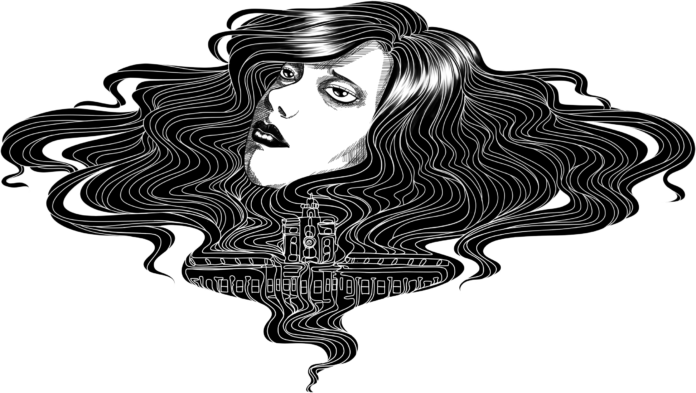ANXIETY is common among Thomasians, according to the UST Counseling and Career Center (CCC).
Results of the “depression scale report” of the CCC for Academic Year 2013-2014, the most recent data, yielded an average score of 57.21, which suggested that Thomasians, mostly sophomores, were feeling lethargic, sad and disinterested but that the score was “not enough to warrant a diagnosis for depression.”
The report added that none of the respondent groups got an average score of 60-69, the significant value indicating if depression was present or not.
The American Psychological Association defines anxiety as “an emotion characterized by feelings of tension, worried thoughts and physical changes like increased blood pressure.”
According to Dr. Encarnita Ampil of the UST Hospital Department of Neurology and Psychiatry, anxiety and depression are the two most common psychiatric illnesses with the same biological basis—medication and therapy.
“[Anxiety] is a pathological disease because for no reason you suddenly feel symptoms like being uneasy, restlessness, palpitation, butterflies in the stomach, coldness, hotness and difficulty in swallowing,” Ampil said in an interview.
Observable behaviors among students with high scores include exhaustion, habitual disinterest on enjoyable activities, sadness, hopelessness and isolation.
Marissa Nicassio, head guidance counselor of the Faculty of Engineering, said the statistics helped identify depression cases in the University but did not paint an accurate picture of the Thomasian population.
“There are times when students who consult us only feel confused and not depressed,” Nicassio said.
Chronic anxiety leads to depression
UST CCC Director Lucila Bance enumerated the usual causes of anxiety and depression among Thomasians such as parents’ separation, high expectations from parents, conflict within romantic relationships, lack of attention, bullying, loss of possessions, identity crisis and genetics in some cases.
“Counseling may work well for some people, but for others medical support and therapy may be needed,” Bance said in an interview.
People experiencing anxiety can bounce back more easily to their normal mood or behavior than those who are depressed.
“Depression has no immediate recovery. Most of the time, the person will feel low,” Ampil said.
Dr. Nicole Tangco, resident psychologist of the University of the East-Ramon Magsaysay Memorial Medical Center, said five out of the nine criteria in the latest edition of the Diagnostic and Statistical Manual of Mental Disorders (DSM-V) must be experienced by an individual for at least two weeks to be considered “clinically depressed.”
The DSM-V is a thorough classification of psychiatric disorders published by the American Psychiatric Association. It categorizes the nine criteria of the major depressive disorder, namely depressed moods, diminished interest or pleasure in activities, observable weight loss or gain, insomnia or hypersomnia, psychomotor agitation, fatigue, feeling of worthlessness or excessive guilt, indecisiveness or diminished ability to concentrate, and suicidal tendency.
According to the DSM-V, either the first or second criterion—depressed moods and diminished interest or pleasure in activities—“must always be present” along with the other four conditions for a person to be diagnosed with depression.
In the University, counseling and case management, with its core program “Thomasian Resources for Intensifying Student Empowerment,” provides services such as interviews, counseling and assessment “to facilitate and enhance students’ self-awareness for empowered decision-making,” Nicassio said.
Fighting anxiety
Ampil explained the possible solutions to cure anxiety and depression, the most common kinds of mental disorders.
“There is a biological basis where certain neurotransmitter chemicals in our brain control our behavior and the way we think,” Ampil said.
The specific treatments for anxiety include pharmacological agent medications to target abnormal transmitters and provide psychotherapy, depending on the need of the patient.
“A lot of people suffer with depression because of a tumultuous environment. If families have the bond and a positive relationship, a lot of these will not happen,” Ampil added.
Ampil and Tangco agreed that psychosocial support or family involvement was the best cure for anxiety and depression.
“[Medication] is useless if the patient will do it alone. But if he feels someone empathizes with him, then he would be able to cope,” Ampil said. John Paul P. Corpuz and Monica M. Hernandez





















